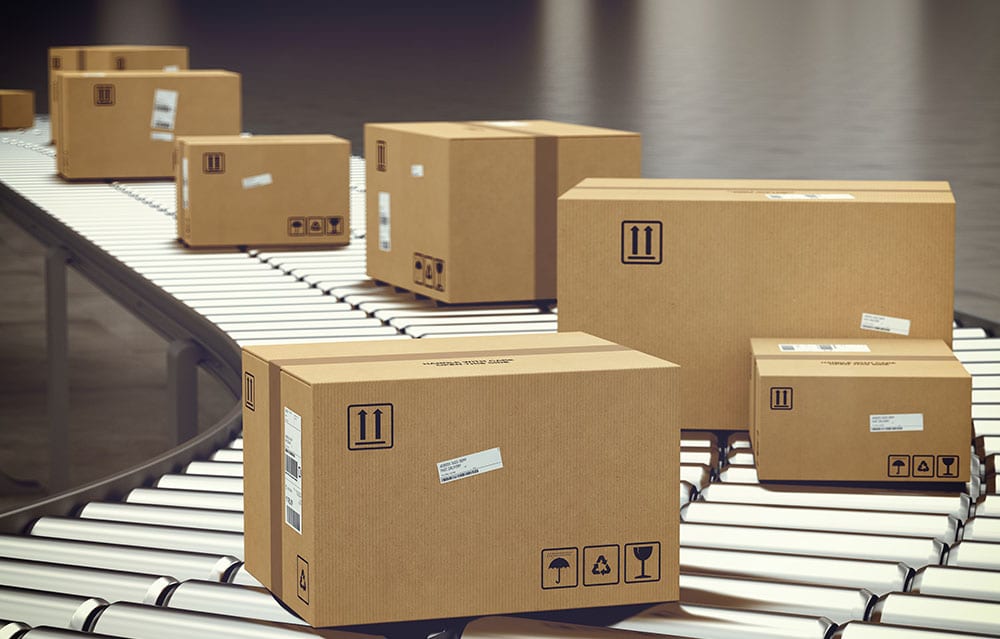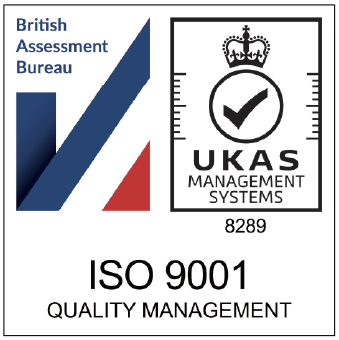Introduction
As you’re no doubt aware, at 11pm on 29thMarch 2019 the UK will be leaving the European Union, albeit that the precise nature of that decoupling remains to be agreed.
At this point in time a large degree of uncertainty remains with regards to the final Brexit deal. Until such clarity is revealed then best guessing and contingency planning will continue in earnest for most businesses with an EU/UK trading connection.
Much depends on the outcome of the final deal, assuming there is one. Assuming a deal is agreed, then a “Soft Brexit” transitional period will provide some relative calm to relevant businesses for a finite period. Should the outcome be a “Hard no deal Brexit” then the impact will be much more severe demanding the implementation of such contingencies in order to reduce risk.
Stock piling of inventory pre-Brexit is already happening across a wide range of commodities from temperature-controlled foodstuffs to pharmaceuticals.
The official advice from the Government to UK businesses that trade with the EU is to prepare for a possible no-deal Brexit. The Government have published a series of advice packs via Gov.Uk and it always advisable to keep abreast of the latest developments to an ever-changing picture.
The opportunities post-Brexit will depend on the outcome of the UK and the EU reaching agreements on trade processes, including VAT rules, customs duties and regulatory standards. If they don’t reach agreements that support frictionless trade, goods sent from a UK fulfilment centre are likely to see an increase in costs and red tape, resulting in longer delivery lead times and less reliability. (Early indications suggest that the number of customs declarations processed is expected to increase five-fold!)
Things to Consider
Customs Clearance
eCommerce retailers selling their goods from the UK into Europe and vice versa are hugely dependent on efficient customs processes, shipping and logistics to help them deliver to their customers quickly and in line with their expectations.
In the event of a no-deal Brexit, exports to the EU will incur duty in much the same way as exports to the rest of the world do currently.
There are two potential customer journeys for exports to the rest of the world:
- Delivered Duty Paid (DDP) – where the import duties are calculated and paid prior to the parcel being sent – this is usually undertaken during the checkout process; and
- Delivered Duty Unpaid (DDU)– where the import duties are calculated once a parcel reaches the destination country’s customs facility and paid by the recipient. The parcels are held until payment is made and will be returned or destroyed if payment is not forthcoming.
Obviously DDP offers a much quicker, cleaner customer journey, since the necessary duties are calculated and paid before the parcel is sent, and therefore is not subject to the additional step in the process where it is held at customs awaiting a recipient’s payment of the import duty on the items purchased, adding delays and potentially unforeseen costs.
The additional delays and costs would be your legal responsibility as the exporter.
Start to think about what plans / provisions you have in place for making any parcels that you currently send to the EU DDP rather than DDU:
- Do you currently have a capability to calculate duties as part of the checkout process on your website?
- If not, is this something you are planning to do?
- Have you (or are you planning to) engage the services of a customs clearance agent after a no-deal Brexit to make your export declarations, or is this something you’re existing 3PL can do for you?
- Do you have an EORI number? This is required to carry out the necessary customs clearance.
Marketplace Fees and Taxes
With regards to UK marketplace fees, there will likely be a change to VAT. As an example, it is extremely likely that we could see eBay and Amazon fees charged with 20% VAT, as opposed to the current 15%. In addition, small businesses may have to register for VAT in EU countries, something that larger sellers are already doing, however it’s worth bearing in mind that there will be solutions out there which will be able to handle this for you. When looking at non-EU countries such as Norway and Switzerland, you may be aware that they are part of what is called the European Economic Area, allowing them to import goods through the EU, duty free. This could be a potential outcome for the UK, although an agreement could take as long as two years.
International Payments
Due to the current high levels of volatility in currency markets, currency exchange and international payment service providers such as Currencies Direct and World Pay may be even more valuable for your business, especially if exchange rates continue to increase going forward. This is because these types of companies can save you fees and offer more attractive exchange rates.
Shipping Couriers
As part of the EU, Britain benefited from having almost no restriction on the shipment of goods and packages throughout Europe. In light of the Brexit, this will no longer be the case. It is highly likely that all UK packages will now need to go through customs in the recipient country, which will require paperwork and incur additional expense and potential shipping delays. This could impact shipping costs and import/export duties, although until a trade agreement is negotiated for with the EU, the scale of the impact will be hard to judge.
Fulfillment by Amazon
If you’re currently using Fulfilment by Amazon (FBA), you will be aware that there are several international programmes, each with different processes for holding and fulfilling your goods. Specifically, with a programme such as their European Fulfilment Network (EFN), your stock is held in a UK fulfilment centre and is shipped by Amazon into Europe. Very little is expected to change with this process, as it is ultimately Amazon’s responsibility to ship the product.
That said, according to Nick Sandberg, Marketplace Channel Analyst at CPC Strategy, “Much remains for the UK and EU to negotiate over the coming years, but one possible negative scenario could affect products sold through FBA out of a UK fulfilment centre to customers in other countries, which could face additional taxes”.
With the Pan-European FBA option, however, sellers have the option to hold their inventory in warehouses across the continent, in a bid to reach Amazon Prime customers and offer fast-delivery options to European buyers. If you are holding stock in an EU warehouse, it is likely that you will face some tax implications that goes beyond the current requirements to register for VAT in the individual country.
eBay Global Shipping Programme
As with Fulfilment by Amazon’s EFN, eBay’s Global Shipping Programme (GSP) also take over the responsibility of shipping the item, and handling both customs import documents and tax or duty, something which is unlikely to change.
International Selling
There is no denying that Brexit will have negative implications for cross-border sellers, however it’s important not to forget that many online sellers are already selling to countries around the world, many of which the UK currently have no trade agreements with at all. The challenge with this is that trade is understandably more convoluted and costlier, and there will subsequently be negative implications with future EU trade, however only time will tell the true impact.
Summary
It is becoming increasingly apparent that it is going to be incredibly difficult for companies both within the UK and the EU to prepare for the eventual outcome of the Brexit. The fact is, until we know the final outcome nothing is certain.
Naturally time is of the essence, and you should ensure you have the maximum available time to make any necessary provisions for all potential outcomes.
Speak to 3PL about your order fulfiment
It’s time to supercharge your business and overtake your competitors. Speak to 3PL today and find out how we can take your ecommerce and B2B fulfilment to the next level.


